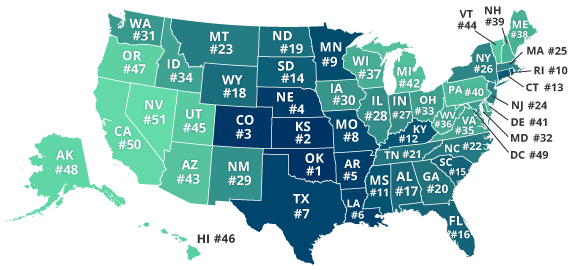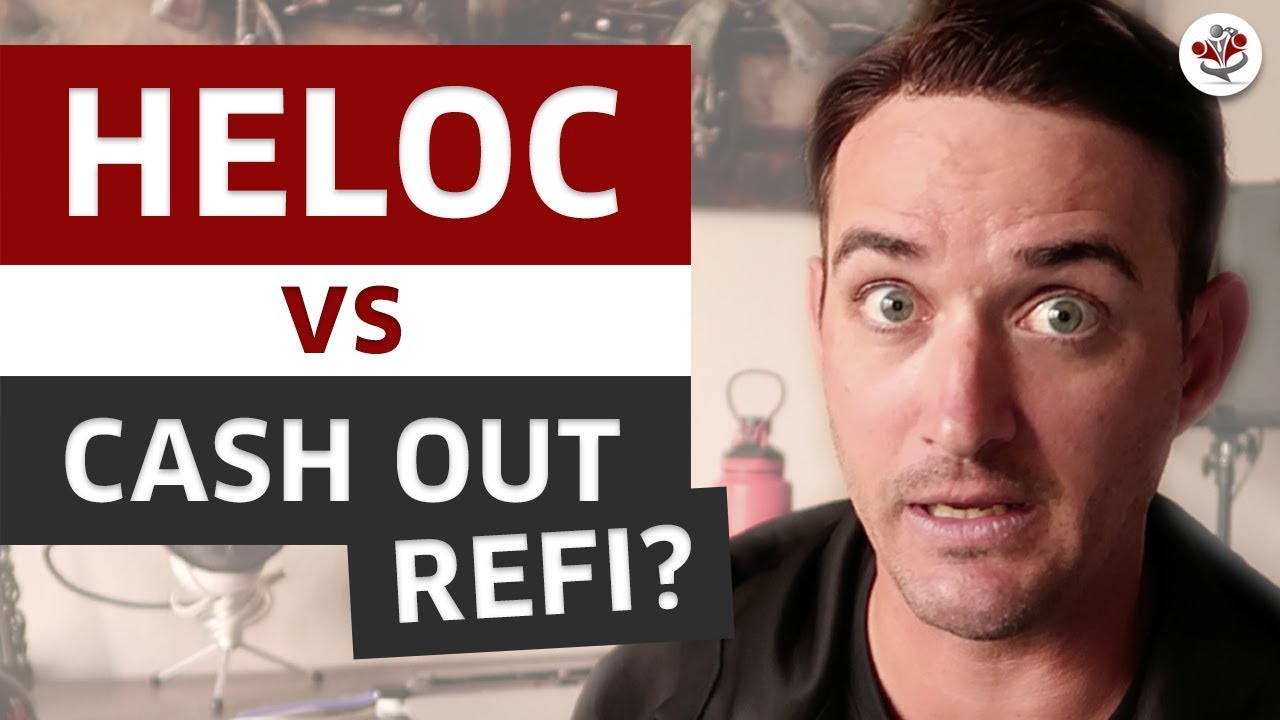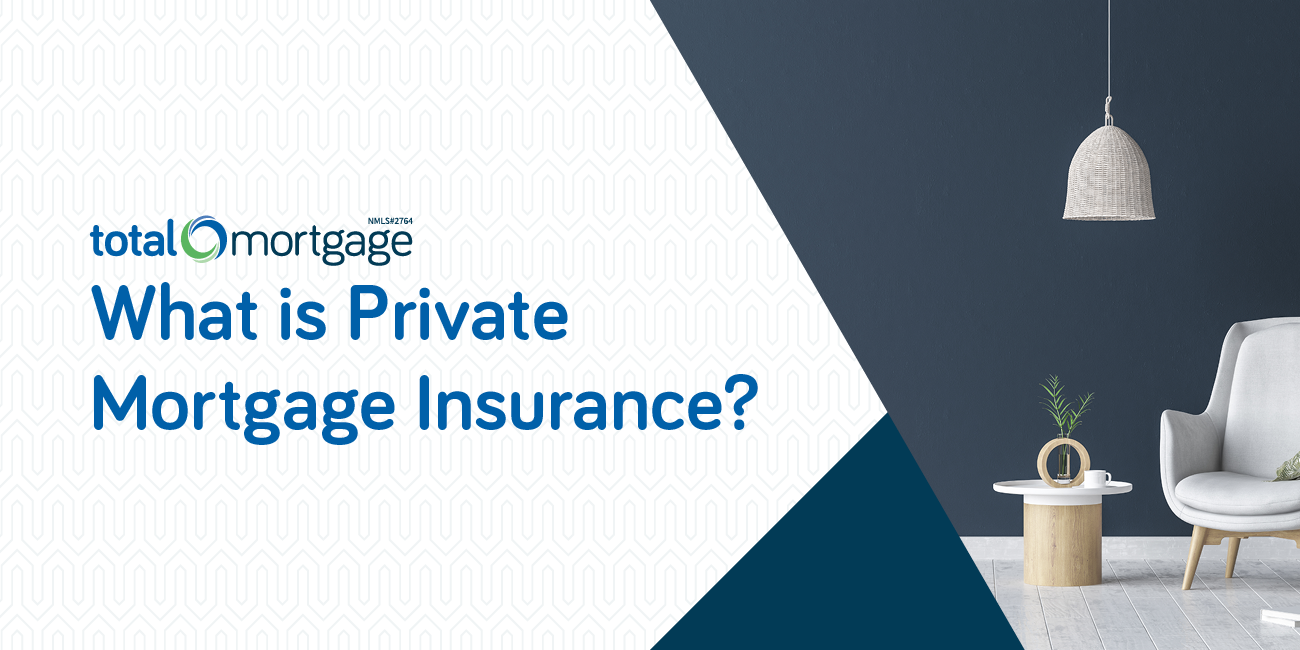
A reverse mortgage lets you borrow against your equity. Your equity is the difference between the appraised value of your home and the balance you owe on the mortgage. Your equity increases with the increase in your home's value. The Single-Purpose mortgage is the most cost-effective type of reverse mortgage. These loans do NOT require any eligibility requirements. The interest rates are also very low.
Private reverse mortgages don't have strict eligibility requirements
Reverse mortgages that convert to home equity are the most common. They are insured by Federal Housing Administration. However, they are subject to strict eligibility criteria. Home owners must be 62 years of age or older and have a mortgage balance of less than $150,000 to be eligible. HECMs are offered as lump sum payments, monthly payment, or as a credit line.
Reverse mortgage borrowers can choose not to make monthly payments for the principal amount of their mortgage. However, they will still have to pay recurring housing cost. These expenses can include homeowners insurance premiums or property taxes. Most reverse mortgage agreements require that borrowers remain current on their property taxes. Failure to pay these costs may result in the lender terminating the loan agreement and requiring repayment of the remaining balance.

One-purpose reverse mortgages are among the most affordable of the three options.
The cheapest option of the three is the single-purpose reverse mortgage. However, they are not available everywhere. They are often only available through local and state governments, nonprofit organizations, as well credit unions. You should do your research to find the best lender. Compare the information that you get from each lender and avoid high-pressure sales tactics or hidden fees.
You can get single-purpose reverse mortgages in many terms. These loans do not have to be repaid monthly, which is a difference from other types of reverse mortgages. These loans are only due when the borrower stops paying homeowners’ insurance or the city condemns the home. The amount that you can borrow will depend on your age and how much your home is worth. Moreover, you can opt for the term option, which allots cash advances to you monthly for a specific period.
Rates of interest
The interest rates for reverse mortgages vary depending on who is lending them. Some lenders offer fixed rates, while others have variable interest rates. While fixed-rate reverse mortgages provide a higher initial payout than those with variable rates, the rates of these loans can change over time. According to the National Reverse Mortgage Lenders Association (NRMLA), the average interest rate for an HECM is 5.060%. Variable rate reverse Mortgages will fluctuate based upon the market index. Please check with your lender about the current rates.
A variable rate reverse mortgage will fluctuate based on external factors, so the rate you pay can be different in each year. This is an ideal option for those who only intend to use the funds once in awhile. This type of loan will also offer you protection from steep rate increases, as it can only go up by 2% at every yearly adjustment. The maximum interest rate increase over the life of the loan is typically 5%.

A reverse mortgage can be used to make money
Reverse mortgages are available to people in retirement who need to access a lump sum of money. A combination of them can allow the borrower full access to the loan amount. These loans are typically more costly than line of credit or monthly payments. Additionally, they are more risky for younger borrowers.
Any salesperson trying to hurry those who are attempting to obtain a reverse-mortgage should be avoided. They might try to pressure you into signing any contract or agreeing for a lump-sum amount. It is always better to do your homework and find a reverse-mortgage counselor you feel comfortable working with.
FAQ
What are the drawbacks of a fixed rate mortgage?
Fixed-rate loans tend to carry higher initial costs than adjustable-rate mortgages. Additionally, if you decide not to sell your home by the end of the term you could lose a substantial amount due to the difference between your sale price and the outstanding balance.
Is it better buy or rent?
Renting is generally cheaper than buying a home. It is important to realize that renting is generally cheaper than buying a home. You will still need to pay utilities, repairs, and maintenance. There are many benefits to buying a home. For instance, you will have more control over your living situation.
What flood insurance do I need?
Flood Insurance covers flood damage. Flood insurance helps protect your belongings and your mortgage payments. Find out more about flood insurance.
How many times may I refinance my home mortgage?
It all depends on whether your mortgage broker or another lender is involved in the refinance. In either case, you can usually refinance once every five years.
What are the chances of me getting a second mortgage.
Yes. But it's wise to talk to a professional before making a decision about whether or not you want one. A second mortgage is often used to consolidate existing loans or to finance home improvement projects.
Statistics
- Some experts hypothesize that rates will hit five percent by the second half of 2018, but there has been no official confirmation one way or the other. (fortunebuilders.com)
- Based on your credit scores and other financial details, your lender offers you a 3.5% interest rate on loan. (investopedia.com)
- When it came to buying a home in 2015, experts predicted that mortgage rates would surpass five percent, yet interest rates remained below four percent. (fortunebuilders.com)
- Over the past year, mortgage rates have hovered between 3.9 and 4.5 percent—a less significant increase. (fortunebuilders.com)
- The FHA sets its desirable debt-to-income ratio at 43%. (fortunebuilders.com)
External Links
How To
How to buy a mobile home
Mobile homes are houses that are built on wheels and tow behind one or more vehicles. Mobile homes are popular since World War II. They were originally used by soldiers who lost their homes during wartime. Mobile homes are still popular among those who wish to live in a rural area. These houses are available in many sizes. Some houses have small footprints, while others can house multiple families. Some are made for pets only!
There are two main types of mobile homes. The first type is manufactured at factories where workers assemble them piece by piece. This is done before the product is delivered to the customer. Another option is to build your own mobile home yourself. Decide the size and features you require. Then, you'll need to ensure that you have all the materials needed to construct the house. You will need permits to build your home.
These are the three main things you need to consider when buying a mobile-home. Because you won't always be able to access a garage, you might consider choosing a model with more space. A larger living space is a good option if you plan to move in to your home immediately. Third, you'll probably want to check the condition of the trailer itself. It could lead to problems in the future if any of the frames is damaged.
You should determine how much money you are willing to spend before you buy a mobile home. It is important to compare prices across different models and manufacturers. Also, look at the condition of the trailers themselves. While many dealers offer financing options for their customers, the interest rates charged by lenders can vary widely depending on which lender they are.
Instead of purchasing a mobile home, you can rent one. Renting allows you to test drive a particular model without making a commitment. However, renting isn't cheap. Most renters pay around $300 per month.